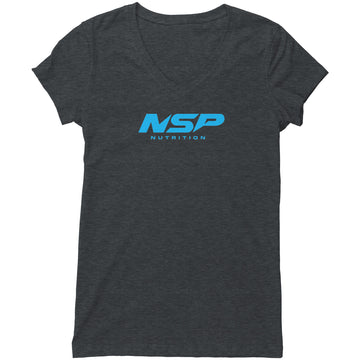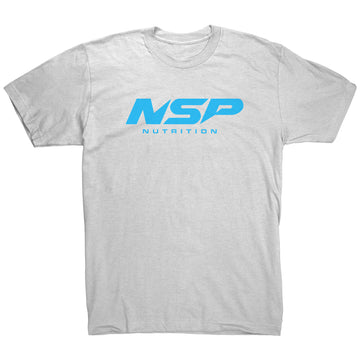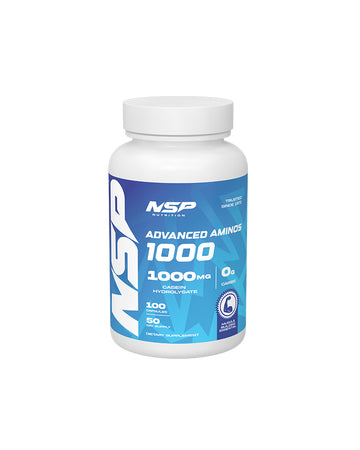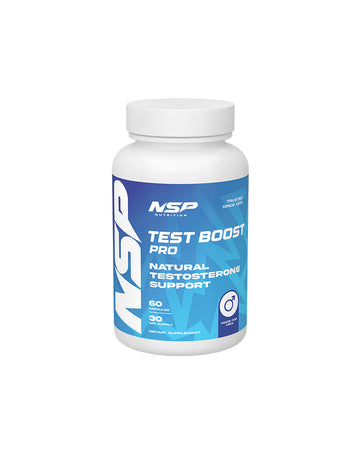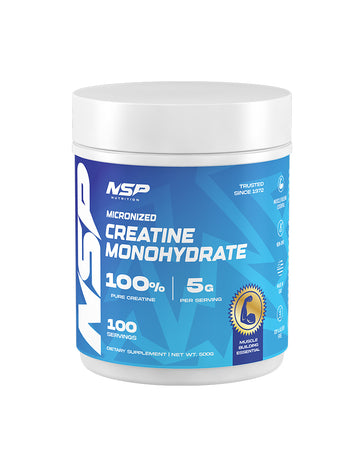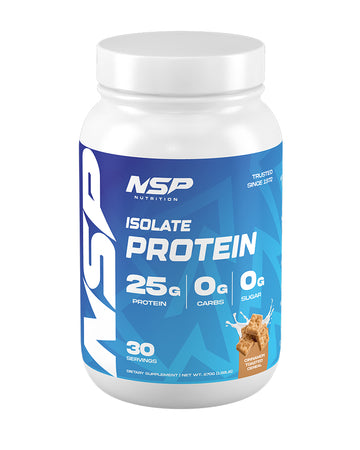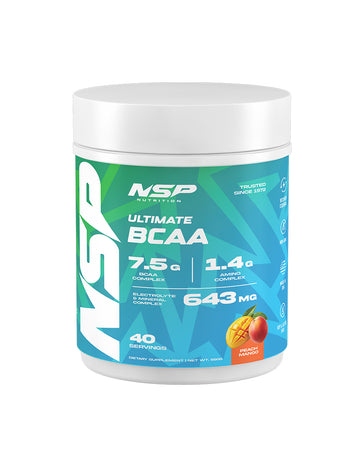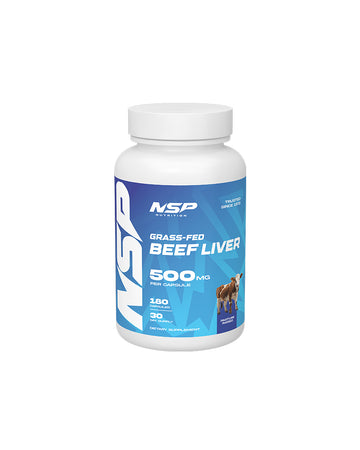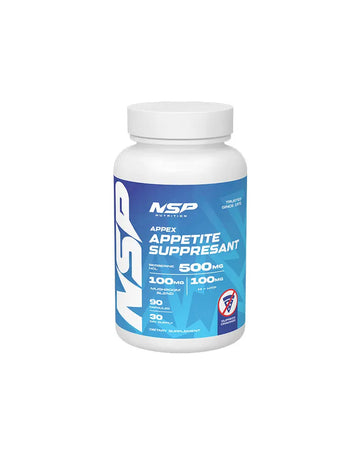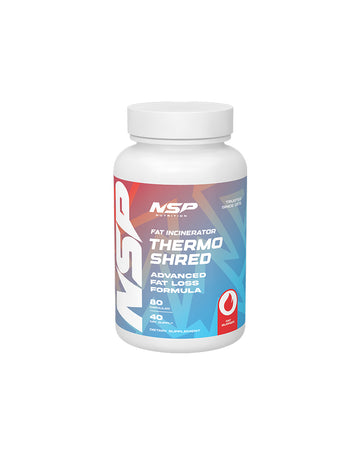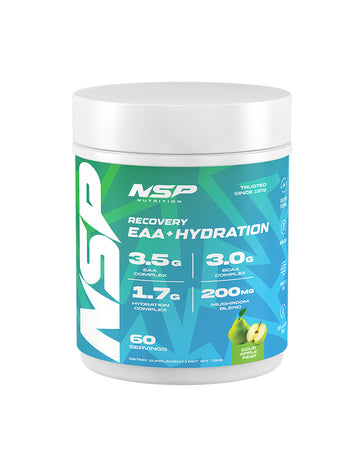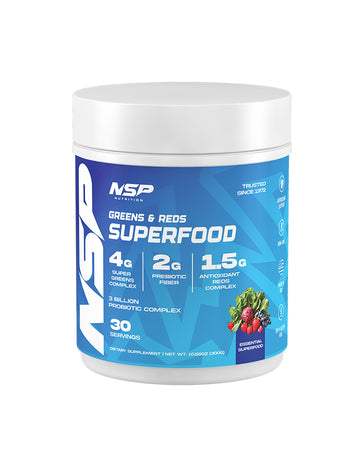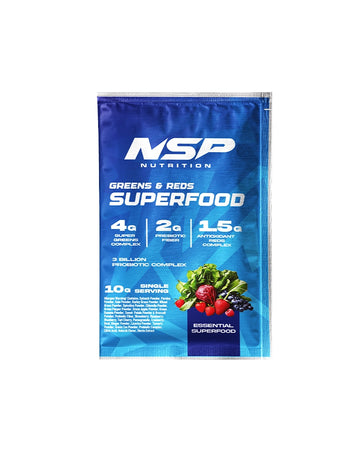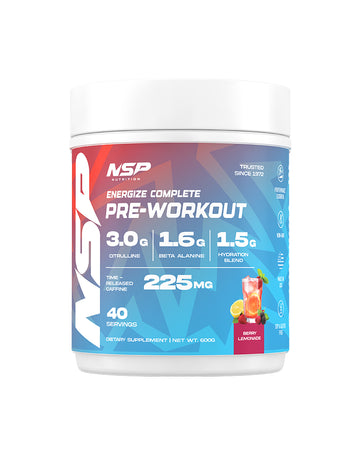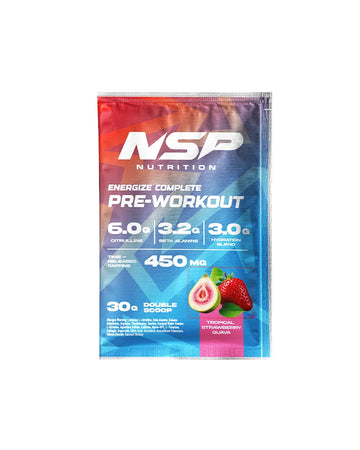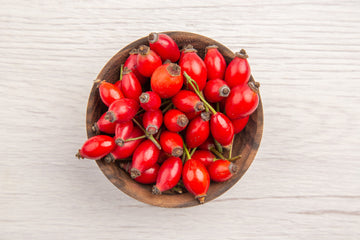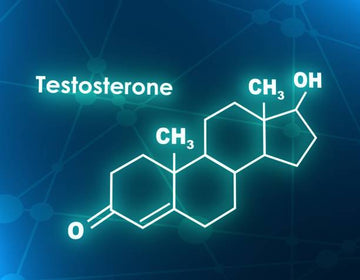Berberine is an alkaloid (naturally occurring nitrogen compound from plants) found in the
-
barks,
-
leaves,
-
twigs,
-
rhizomes,
-
roots,
-
and/or stems
of certain plants such as the barberry, Oregon grape, and tree turmeric and goes way back about 3000 years ago to ancient China where it is heavily used in traditional Chinese medicine.
In these regions and even continents like medieval Europe, South America, and the Middle East, berberine has been used to treat a variety of diseases, infections, and even sores.
Today, berberine is heavily researched and is being used as a natural treatment option for many diseases and conditions as well as a supplement option for healthier living.
-
Berberine can help stabilize blood sugar levels
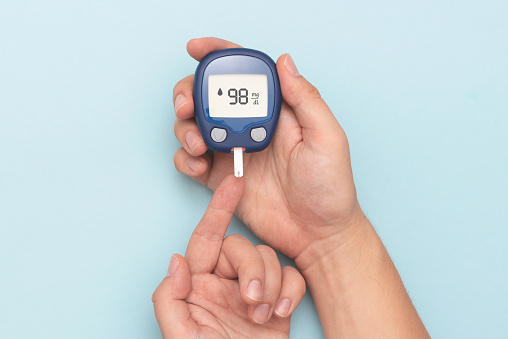
Perhaps berberine's most potent medical property, berberine hydrochloride; the most active form of berberine when consumed as berberine supplements in powder or capsule form can help to drastically reduce and balance erratic blood sugar levels.
In some cases, berberine is even used to actively treat diabetes.
In this research [1] case study on berberine, berberine was found to have the same potency as or hypoglycemic effect to some blood sugar lowering drugs like metformin.
Several results [2] have shown quite convincingly that in the treatment of type 2 diabetes, 500 mg of berberine 2-3 times a day....together with lifestyle intervention lowered the level of
-
fasting blood sugar levels,
-
after-meal blood sugar levels and
-
glycosylated hemoglobin (HbA1c) more than lifestyle intervention alone or placebo.
The main mechanism through which berberine exerts its hypoglycemic effects is through the stimulation of an enzyme known as adenosine monophosphate-activated protein kinase (AMPK) [3].
This enzyme has a number of important biological functions such as the regulation of blood glucose and lipid metabolism.
-
Aids fat loss
Berberine has also been examined and used as an effective fat-burning aid by lowering insulin resistance and increasing the activities of fat-regulating hormones.
In this study [4], 37 test subjects (men and women) with metabolic syndrome were given 300 mg of berberine three times per day for three months.
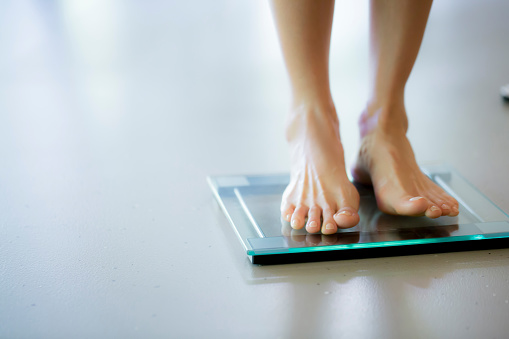
Their body mass index (BMI) levels dropped by roughly 13 percent.
In another study, 500 mg of berberine three times per day caused an average of 5 pounds of weight loss over a 12-week period.
-
Improves heart health
Berberine has a number of heart related benefits and helps to improve cardiovascular risk factors and stabilize side effects of heart disease and conditions like irregular heart beats when combined with standard heart disease treatments.
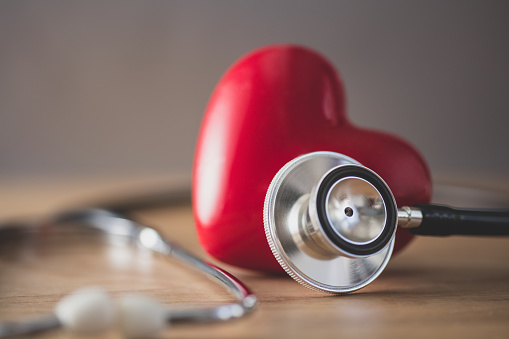
-
Lowering blood pressure
Taking berberine may help lower blood pressure levels (diastolic and systolic blood readings) as evidence suggests in several clinical trials. [5][6]
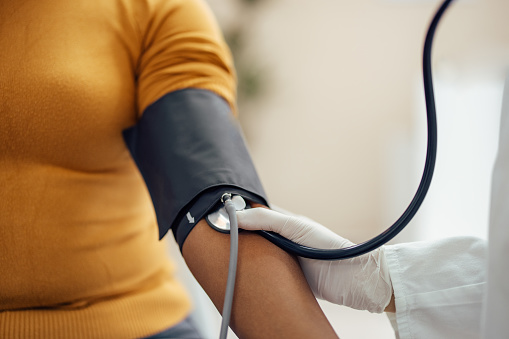
-
Protects against diet induced obesity
Berberine has powerful anti inflammatory effects that can help against systemic inflammation usually caused by metabolic syndrome and high cholesterol diets.
So if you've been having one too many high cholesterol foods, you might want to add some berberine supplements to your diet and lose the notorious 'dad bod.'
-
Berberine can help with PCOS Symptom Relief
Polycystic Ovary Syndrome, or PCOS, can cause problems such as high cholesterol, insulin resistance, and slow metabolism which can make it difficult to lose weight.
However, in some studies, berberine appears to have helped women treat PCOS and also control PCOS related symptoms, cholesterol levels, lower their waist-to-hip ratio, and increase their insulin sensitivity.
-
Cure for acute diarrhea
Berberine has been found to be effective against a number of disease-causing organisms-especially those that cause diarrheas.
To top it all off, berberine doesn't destroy both healthy and disease causing bacteria indiscriminately but works based on a very selective action against disease causing organisms.
References
-
https://academic.oup.com/cardiovascres/article/82/3/484/475775
-
https://www.sciencedirect.com/science/article/pii/S1744388120311622
-
https://www.sciencedirect.com/science/article/pii/S1744388120311622





